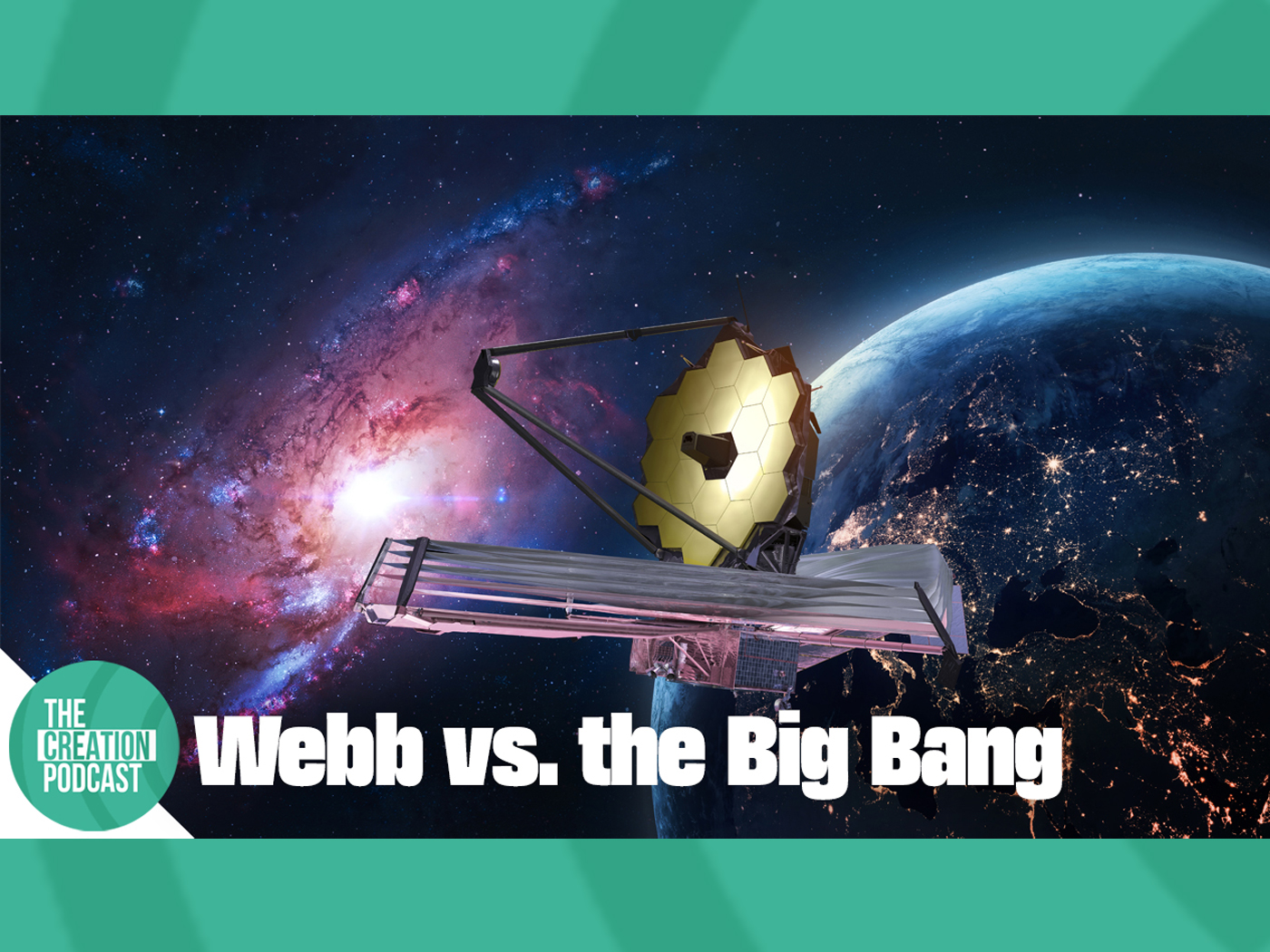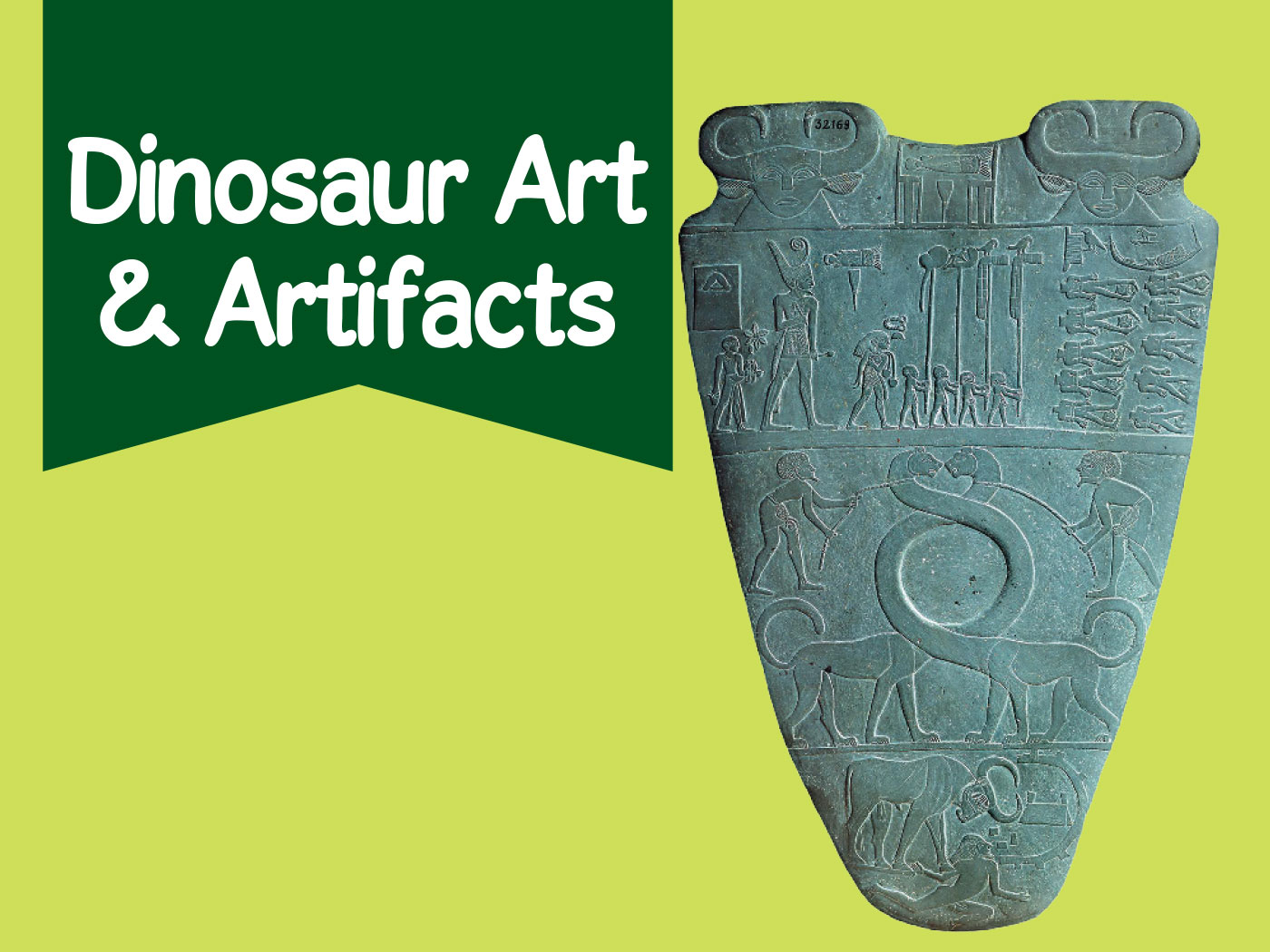The February 2017 issue of Scientific American contains an article by three prominent theoretical physicists from Princeton and Harvard who strongly question the validity of cosmic inflation, an important part of the modern Big Bang theory.1 They argued that inflation can never be shown to be wrong—it cannot be falsified—and therefore inflation isn’t even a scientific hypothesis.
Inflation theory was proposed by physicist Alan Guth to solve a number of serious problems in early versions of the Big Bang model. Supposedly, the universe underwent an extremely short period of accelerated expansion right after the Big Bang.
However, physicists later realized this version of inflation theory was too simplistic. Newer versions of inflationary models have inflation stopping at different times in different places, leading to the idea of a multiverse consisting of infinitely many “pocket” universes.2
Anna Ijjas, the John A. Wheeler postdoctoral fellow at the Princeton Center for Theoretical Science; Paul J. Steinhardt, the Albert Einstein Professor in Science at Princeton University (and a former inflation theorist who has since become a vocal critic of the theory); and Abraham Loeb, the chair of the astronomy department at Harvard University, argued that cosmologists should seriously consider abandoning inflation theory and contemplate alternatives.
Naturally, inflation theorists opposed this suggestion. Thirty-three high-profile physicists, including Alan Guth, Stephen Hawking, George F. Smoot III, Andrei Linde, George Efstathiou, Steven Weinberg, Lisa Randall, and Lawrence Krauss published a rebuttal on the Scientific American website.3
Despite the stellar credentials of the article’s signers, they failed to convincingly answer the charges of Ijjas, Steinhardt, and Loeb (IS&L). In fact, one particular argument was, at its heart, rather emotional.
According to the high-energy physics database INSPIRE, there are now more than 14,000 papers in the scientific literature, written by over 9,000 distinct scientists, that use the word “inflation” or “inflationary” in their titles or abstracts. By claiming that inflationary cosmology lies outside the scientific method, IS&L are dismissing the research of not only all the authors of this letter but also that of a substantial contingent of the scientific community.3
However, whether or not inflation theory falls within the scientific method—or whether or not it’s correct—isn’t determined by how many inflation-related papers have been published. We don’t arrive at the truth by counting noses.
It’s understandable that inflation theorists, many of whom spent most of their careers working on inflationary models, have a deep investment in the subject. But an appeal to the sheer number of inflation papers published is an emotional argument, not a logical one.
The authors also argued that, contrary to the claims of IS&L, inflation theory is falsifiable. IS&L responded by pointing out that leading inflation theorist Alan Guth has acknowledged that, in inflation theory, “anything that can happen will happen.”3 They pointed out that inflation essentially predicts everything and so it makes no testable predictions. They also referred to a 2014 online video showing Alan Guth admitting that no single experiment could falsify inflation!4
One other claim, made almost in passing, of the pro-inflation theorists stood out. They claimed that the relative abundances of the light chemical elements were successfully predicted by the Big Bang model.3 Actually, this is not the case. The Big Bang model contains an adjustable parameter called the baryon-to-photon ratio, and this value was chosen by Big Bang theorists to generate amounts of helium and hydrogen that match observed abundances.5,6 In fact, Lawrence Krauss, one of the signers of the rebuttal letter, acknowledged in his popular-level book A Universe from Nothing that this agreement was obtained by “fitting” the value to the observed data.7 Hence, it is quite misleading to claim that the Big Bang model predicted the correct abundances of hydrogen and helium since those values were chosen—via the choice of the value for the baryon-to-photon ratio—to fit the Big Bang model. Furthermore, even with this adjustable parameter, the Big Bang still cannot correctly account for the amounts of lithium in the universe!8
Many Christians are tempted to accept that the Big Bang was the means God used to create the universe. But the Big Bang flatly contradicts Scripture and is riddled with serious scientific difficulties, some of which have been highlighted by this recent spat among leading theorists.9 Furthermore, where would it leave Christians if secular scientists should ultimately abandon the Big Bang? Christians should resist the temptation to accommodate Genesis to the fallible, ever-changing ideas of secular scientists.
References
- Ijjas, A., P. J. Steinhardt, and A. Loeb. Cosmic Inflation Theory Faces Challenges. Scientific American. Posted on scientificamerican.com February 1, 2017, accessed on May 15, 2017.
- Steinhardt, P. J. 2011. The Inflation Debate. Scientific American. 304 (4): 36-43.
- Guth, A. et al. 2017. A Cosmic Controversy. Scientific American. Posted on scientificamerican.com February 2017, accessed May 15, 2017.
- Schulson, M. A Debate Over Cosmic Inflation (and Editing at Scientific American) Gets Heated. Posted on Undark.org May 9, 2017, accessed May 15, 2017.
- BergstrÓ§m, L. and A. Goobar. 2008. Cosmology and Particle Astrophysics, 2nd ed. Chichester, UK: Springer Praxis Publishing, 167-176.
- Hoyle, F., G. Burbidge, and J. V. Narlikar. 2000. A Different Approach to Cosmology: From a Static Universe through the Big Bang towards Reality. Cambridge: Cambridge University Press, 97.
- Krauss, L. M. 2012. A Universe from Nothing. New York: Free Press, 24-25.
- Thomas, B. Big Bang Fizzles under Lithium Test. Creation Science Update. Posted on ICR.org September 22, 2014, accessed May 15, 2017.
- Hebert, J. and B. Thomas. 2014. Does Science Support the Big Bang? Acts & Facts. 43 (7): 21.
*Dr. Hebert is Research Associate at the Institute for Creation Research and earned his Ph.D. in physics from the University of Texas at Dallas.


















